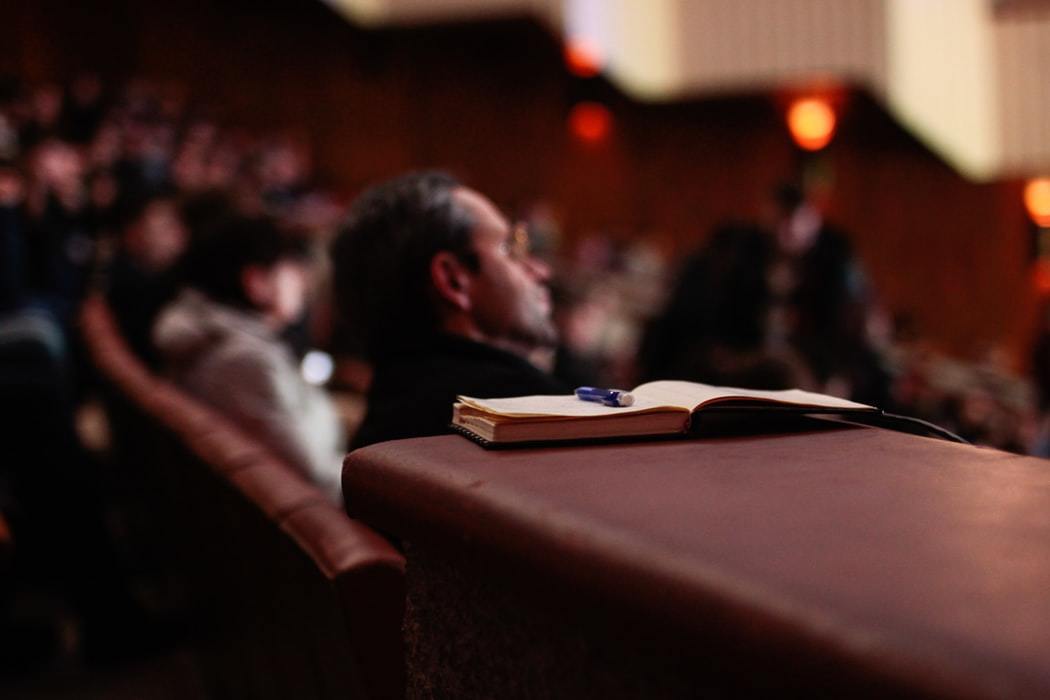Published on September 2, 2024, 12:46 am

Image source: Fox News
- Array
In today’s society, the importance of discipline within the church is under much scrutiny. Celebrated thinkers from religious scholar John Calvin’s time have continuously asserted that discipline remains a defining characteristic of a true church. However, lately, it seems as if this complex doctrine has diminished in modern Christianity – particularly within America – either through total neglect or egregious misconstruction.
Historically conservative churches appear to fare little better than their liberal counterparts when it comes to maintaining disciplinary practices. Here, the consideration for church discipline is usually limited to extreme applications such as the excommunication of members involved in severe sins. Such behavior reduces godly counsel to a single act akin to dismissing an unruly teenager from one’s home. The application of disciplinary measures cannot be simplified into just one incident or even several related events rather; it should cultivate a culture diligently nurtured by congregational leaders.
In their book ‘Total Church’, Steve Timmis and Tim Chester distinctly outline this idea by drawing parallels between familial and ecclesiastical discipline. Just as parents establish a nurturing and disciplined environment for their children, the church should serve as a spiritual homestead where rebuke and exhortation become ordinary everyday factors contributing towards mutual discipleship – creating thus a community centered upon Christian worldview.
To implement this culture effectively channels primarily through pastors whose lives symbolize that very ideal. If devoutness is to regain its footing within churches, reform must originate with these pastors themselves – an indication of what Richard Baxter meant while emphasizing pastoral reformation for rectifying congregations.
There are three crucial areas requiring attention if pastors wish to cultivate this disciplinary culture: personal holiness, contextual preaching, and pastoral involvement.
Firstly, focusing on personal holiness asserts the importance of setting examples within their congregation through living spiritually disciplined lives symbolizing total surrender to God’s will. Just as unfitness mar conjecture by an extremely overweight fitness coach, how can anyone accept consecrated council from undisciplined ministers? Scripture tells Christians that all authority is divine and hence to obedience to church leaders is pivotal. Without personal discipline, however, this same leadership could potentially lack credibility in administering institutional strictures.
Secondly, contextual preaching underpins the principles of Christian discipline. Gospel communication must be tailored specifically to address mitigate the unique spiritual malaise beleaguering specific congregations. This approach mirrors Apostle Paul’s methodology where he adapted his letters for individual churches based upon their different pastoral needs. Compelling preaching should create an environment encouraging disciplinary action from clerical authorities.
Lastly, pastors must establish a consistent presence in their congregation’s lives by demonstrating active involvement addressing sin exposed through contextual sermons interpersonal interaction and regular visitation can enable pastors to provide timely advice and correction while nurturing a sense of communal devoutness lending positively towards creating disciplined environs.
In conclusion, restoring the culture of discipline within modern churches demands comprehensive examination and consequent reform primarily at the pastoral level reflecting well-maintained standards of personal holiness, contextually adept preaching and proactive involvement with parishioners’ challenges. In lacking these elements, we risk inviting Christ’s departure from our sanctuaries rendering them devoid of guidance thus necessitating immediate ameliorative action initiated via a pastoral commitment.
Original article posted by Fox News

Be the first to comment on "“Restoring Discipline in Modern Churches: The Crucial Role of Pastoral Leadership”"